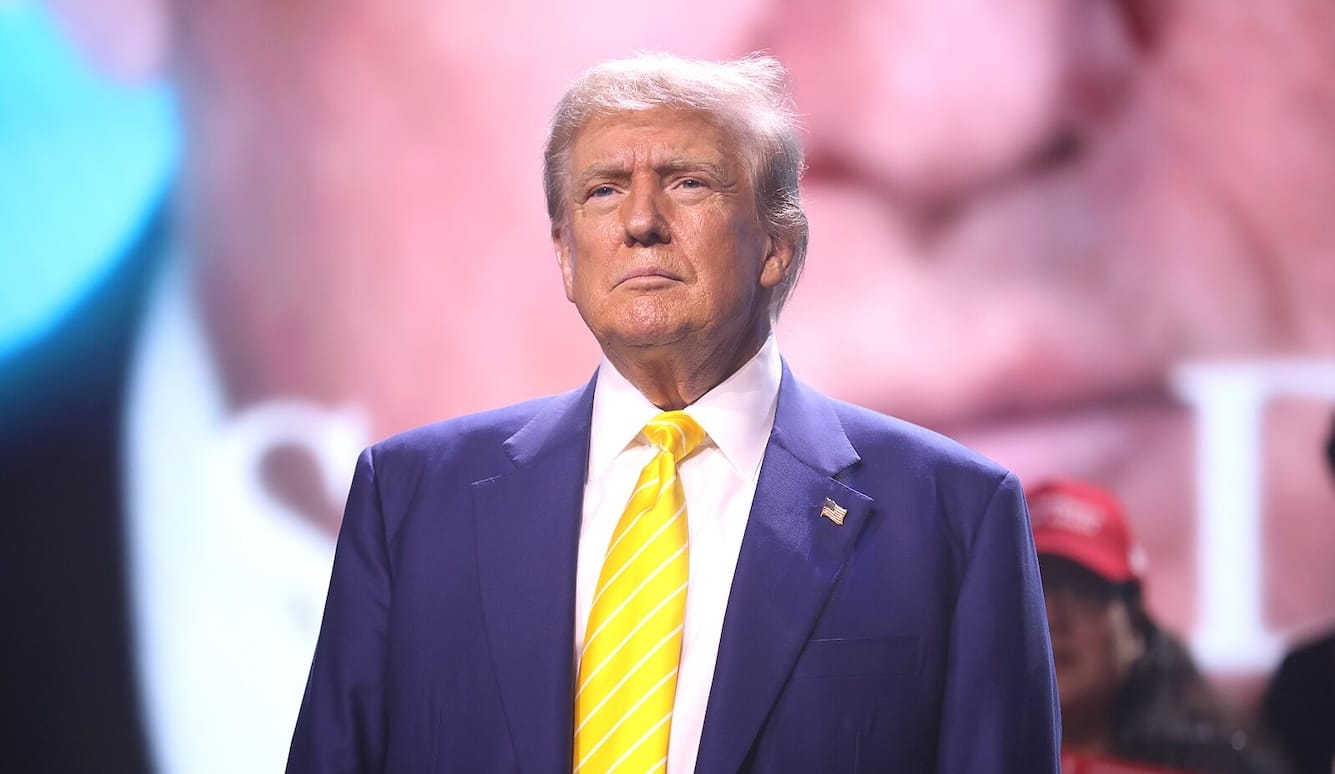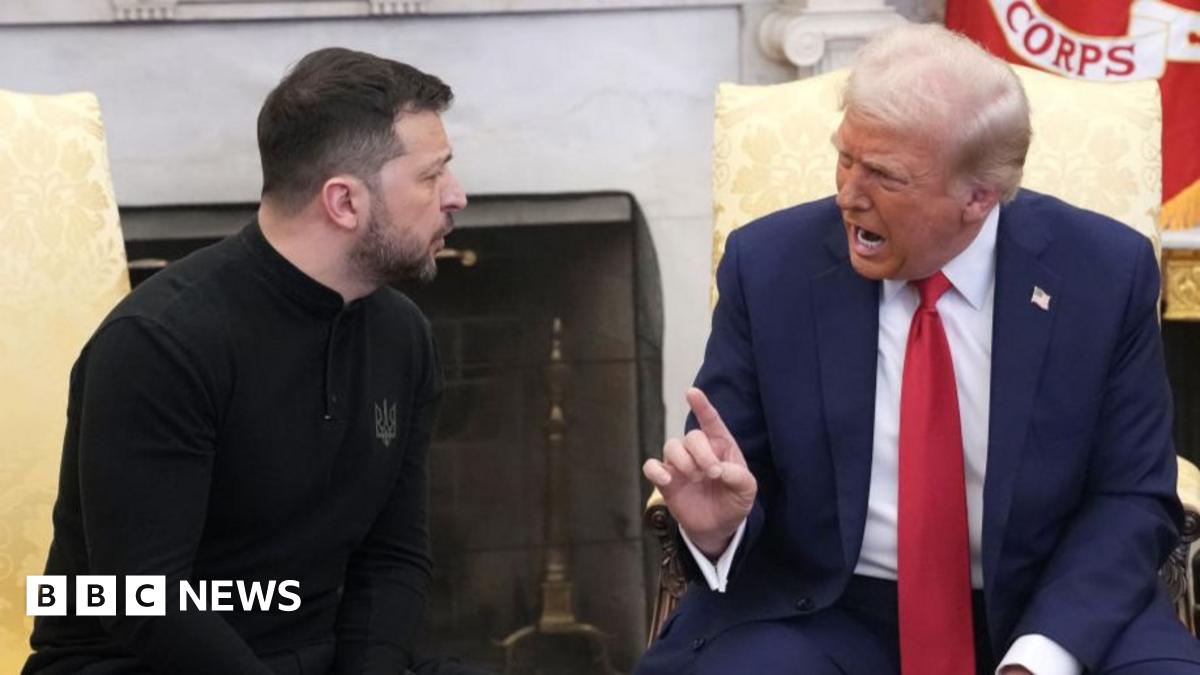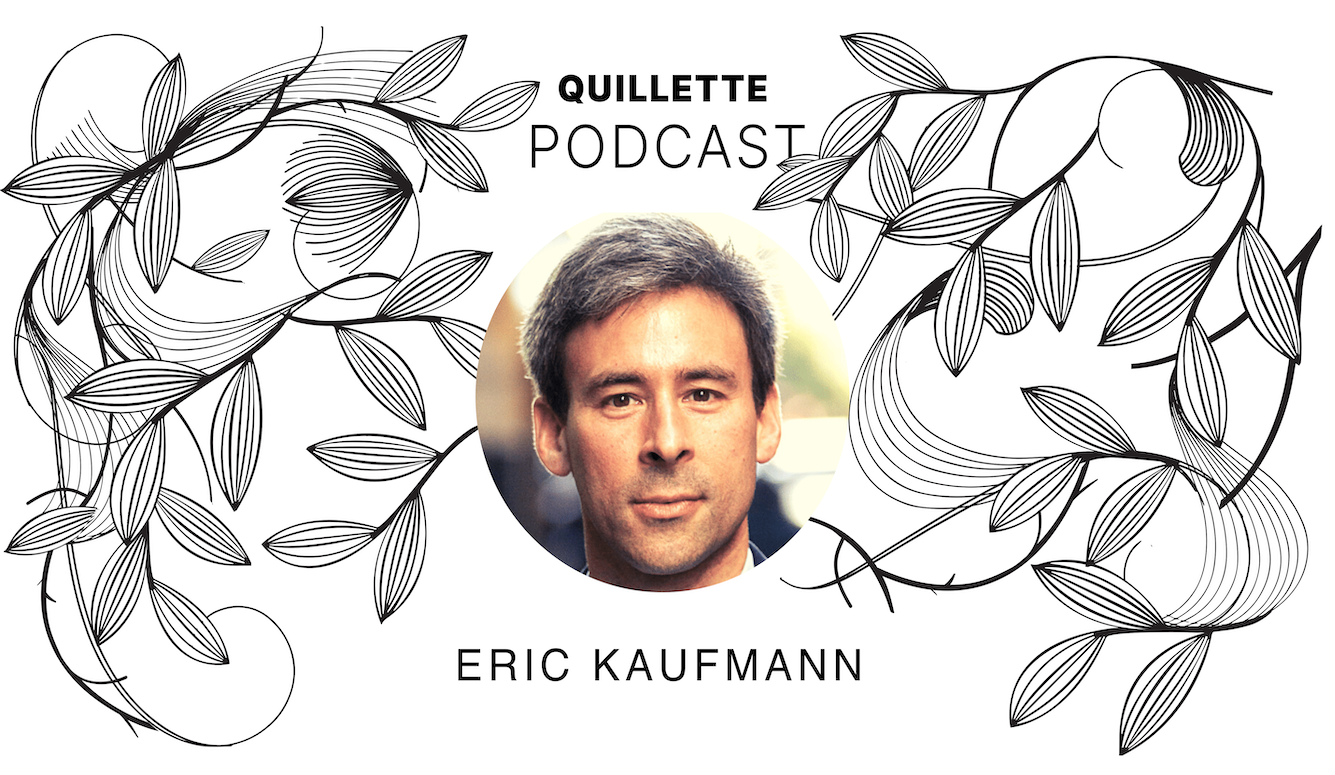Donald Trump
If ‘Woke’ Puritanism Is the Disease, Trump’s Amoral Populism Isn’t the Cure
Valid critiques of progressive moralism have devolved into an embrace of anything-goes strongman rule.

To what extent should a society demand adherence to moral norms? Three months into Donald Trump’s second presidency, it’s a question worth asking. Having rejected the puritanical “woke” moralism of the 2010s and early 2020s, Americans are now enduring the opposite problem: Trump and his chief corporate enabler, Elon Musk, have over-corrected, embracing a morality-free style of governance fuelled entirely by a drive to hoard power and punish their enemies.
History shows that some culturally encoded ethical narrative must inform any humane and functional society. Formal laws alone aren’t sufficient. And so the task for conservatives and moderate liberals is to imagine a public morality that absorbs the populist critique of progressive moralism, but which doesn’t simply devolve to the amoral principle, personified by Trump and Musk, that might makes right.
The word “woke” is often used to describe the illiberal fundamentalism of the cultural left—including its attacks on expressive freedoms, scepticism regarding objective truth, and vandalism of cherished traditions. As I discuss in my recent book, such fundamentalists ardently sanctify racial, gender, and sexual minorities deemed to have been historically marginalised. Anything that offends the most hypothetically sensitive member of such groups presents grounds for secular excommunication—“cancellation,” in other words.

This movement began gaining steam in the mid-2010s, and peaked following the death of George Floyd five years ago. By the early 2020s, however, a large majority of Americans, Canadians, and Britons agreed that “political correctness”—the antecedent term for “woke”—had “gone too far.” In the United States, this progressive overreach contributed substantially to Trump’s victory in the 2024 presidential election.
Conservatives outside the United States hoped the incoming Trump administration would set an example that demonstrates how their own governments could roll back DEI initiatives and trans-activist extremism, secure international borders, ensure public order (including on university campuses, which witnessed a spike in antisemitism following Hamas’s 2023 terrorist attacks), and otherwise roll back the extremes of progressive ideology. Many cheered US Vice-President J.D. Vance’s speech at the recent Munich Security Conference, in which he chastised European leaders for violating their citizens’ free-speech rights and failing to control unchecked migration.

But Trump squandered this international leadership opportunity. No sooner did he take office than his administration went off the rails on foreign policy and law enforcement. Vance’s riposte to Niall Ferguson over Ukraine—accusing Ferguson of spouting “moralistic garbage” after the famed British-American historian had highlighted Republican foreign-policy hypocrisy—is one of many examples that illustrate how valid populist critiques of progressive moralism have tipped into a radicalised creed of amoralism.

The aftermath of the 6 January 2021 storming of the United States Capitol Building by Trump supporters presents another unsettling case study. Putting aside the catastrophising rhetoric that subsequently surrounded this event, it can’t be denied that a group of violent MAGA activists called for, among other things, the death of Vice-President Mike Pence. Moreover, the very act of storming the Capitol with the aim of overturning valid election results constituted an attack on democracy itself—and so was at least as concerning as Antifa- and BLM-inspired attacks on police stations and other public buildings. Trump’s blanket pardoning of even violent 6 January protestors—without bothering to justify their actions in ethical terms—indicates a willingness to exercise power without regard for moral restraint or democratic traditions.
Trump’s administration has also smeared Ukrainian leader Volodymyr Zelensky, a heroic figure who risked his life to resist Vladimir Putin’s military aggression. During Zelensky’s White House visit in February, Trump and Vance scolded and humiliated the Ukrainian president in front of international media, much to Putin’s delight. Lavishing praise on a blood-soaked tyrant responsible for the destruction of Ukrainian cities and the massacre of civilians was (yet another) new low.

Even if there were valid tactical geopolitical rationales for such outbursts (as some of Trump’s defenders insist), the spectacle damaged the administration’s international legitimacy. Aggressive territorial claims on Canada (including ludicrous talk of making it “the 51st state”), Greenland, and the Panama Canal have similarly shocked US allies.
Trump has also trashed America’s trading partners as scroungers who are “ripping off” the United States—while failing to recognise the many ways in which international trade arrangements benefit America. His 9 April announcement that he’d be pausing his so-called “reciprocal” tariffs for ninety days comes off as transactional, and only reinforces the perception that expediency trumps principle.
Much like doctrinaire progressives who lecture us about what words we aren’t allowed to use, Trump demands that we refer to the Gulf of Mexico as the “Gulf of America”—and has censured the Associated Press for refusing to use the new (incorrect) name. He’s taken to firing government workers without bothering to consider the resulting chaos and damage. Embracing Andrew Tate, an obscene misogynist who’s been accused of running a prostitution ring in Romania, epitomised his penchant for any political gesture, no matter how grotesque, that he believes will enrage his political enemies.

Meanwhile, hopes that Trump would support free speech and civil liberties have been undermined by the wrongful detention of suspected illegal immigrants, and the denial of due process to outspoken anti-Israel protesters such as Mahmoud Khalil. Civil liberties become meaningless unless they are extended to people we disagree with, and whose views we may even find abhorrent.
While Trump has commendably crippled the use of aggressive DEI policies in government and academia, he’s failed to persuade moderates to back his campaign—in part because his administration hasn’t developed a compelling moral narrative that serves to address the resulting pushback. The need to build broad constituencies to support one’s policies, a central focus of most politicians in free societies, is seen as irrelevant to those, such as Trump, whose only goal is to keep tossing red meat to core supporters.
https://t.co/PVdINmsHXs pic.twitter.com/Bw5YUCI2xL
— The White House (@WhiteHouse) March 27, 2025
This behaviour isn’t just amoral and anti-democratic. It’s juvenile. Trump and Musk have become America’s trolls-in-chief—as exemplified by the White House’s posting of an AI-generated cartoon depicting an immigrant crying in handcuffs. This type of “shitposting” is the furthest thing from presidential.
What makes this descent into power-drunk nihilism all the more regrettable is that it’s come on the heels of a historic “vibe shift”: Many serious liberals and centrists joined the campaign against woke overreach. The most interesting new ideas on the left have been coming from moderate leftists such as Matthew Yglesias, Noah Smith, and Ezra Klein, who leaven their pro-immigration sympathies with respect for border control.

In light of this, the intellectual right had a chance to broaden its coalition, and fashion what I’ve termed a “rational populist” consensus that marginalises leftist extremism. Such a development could, among other things, dispel the stigmatisation of “whiteness” and manhood pervading progressive discourse—which itself has become a source of populist grievance. More generally, it would also help spark a return to a moral consensus that promotes cultural wealth, personal resilience, and classical liberal values such as free speech and equality among group identities.
Trump could have shown the world a way forward by embracing this challenge. Instead, he’s provided a dark cautionary tale about what happens when a nation’s leader throws off all moral constraints.






